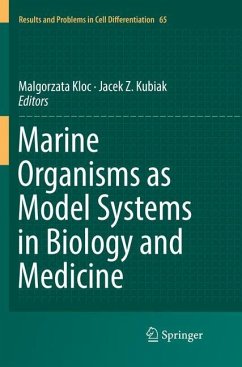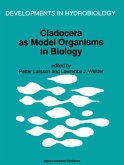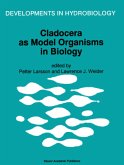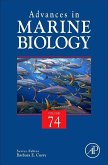This book highlights the potential advantages of using marine invertebrates like tunicates, echinoderms, sponges and cephalopods as models in both biological and medical research. Bioactive compounds found in marine organisms possess antibacterial, antifungal, anti-diabetic and anti-inflammatory properties, and can affect the immune and nervous systems. Despite substantial research on the medicinal attributes of various marine invertebrates, they are still very much underrepresented in scientific literature: the majority of cell, developmental and evolutionary scientific journals only publish research conducted on a few well-known model systems like Drosophila melanogaster or Xenopus laevis.
Addressing that gap, this book introduces readers to new model organisms like starfish or nemertera. By showing their benefits with regard to regeneration, stem cell research and Evo-Devo, the authors provide a cross-sectional view encompassing various disciplines ofbiological research. As such, this book will not only appeal to scientists currently working on marine organisms, but will also inspire future generations to pursue research of their own.
Addressing that gap, this book introduces readers to new model organisms like starfish or nemertera. By showing their benefits with regard to regeneration, stem cell research and Evo-Devo, the authors provide a cross-sectional view encompassing various disciplines ofbiological research. As such, this book will not only appeal to scientists currently working on marine organisms, but will also inspire future generations to pursue research of their own.








